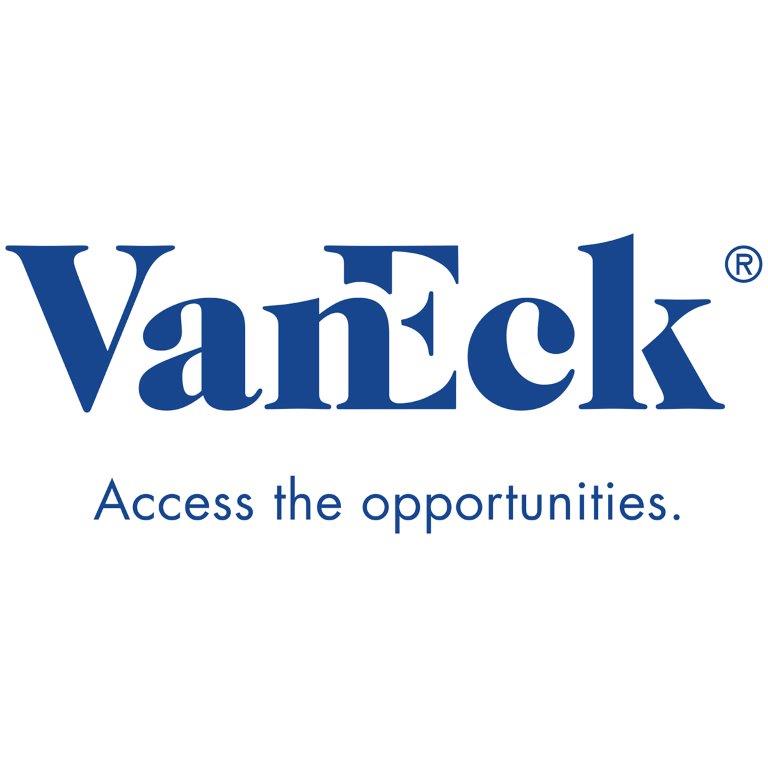USA
VanEck lists video games ("esports") ETF
Video games used to be thought a total waste of time. Kids - and it was always kids - playing them were told they should do better things like read books. While parents - and it was always parents - who bought them thought their children's time would be better spent playing outdoors.
Nowadays, video games are big business. The kids who once played them are men with money. The kids who ruined their eyesight taking them too seriously are "eSports" "athletes". Asset managers are taking notice.
One such asset manager is VanEck which is listing a new video games ETF aimed at tapping into young men's passion for video games. The VanEck Vectors Video Gaming and eSports ETF (ESPO) will track an index run by VanEck's Frankfurt-based subsidiary, MV Index Solutions. The index claims to look for pure play companies in eSports and video games, where pure play is understood to mean generating 50% of revenue from the segment. Yet a subclause in the prospectus says a "buffer rule" allows current index constituents to stay in the index if their gaming related revenue falls as far down as 25%.
Companies in this segment can include those, like Nintendo, that make video games. They can also include those, like Nvidia, that build related hardware, software or processors like graphics cards that are used for gaming. It can also include those more on the events or online streaming side.
The index is market weighted with a single issuer cap of 8%. Small caps and emerging markets companies are eligible. As of June 30, 2018, the Index included 25 securities of which most were Asian (Japanese and Chinese especially). The fund will charge 0.55%.
Analysis - GAMR gives better video games exposure
With one eye on margin compression in plain vanilla ETFs and another eye on GAMR, the original video games ETF of which this listing is a copycat, VanEck has chosen a well-positioned niche.
Video games are a $100bn global industry and growing rapidly, for good reasons and for bad. Growth owes partly to alienated young men exiting the workforce and retreating into the pleasurable fantasies of video gaming. And partly to video game hardware, like casino slot machines and smartphones, being designed to cause addiction. But also because video games are - frankly - lots of fun people want to play them socially.
Yet the problem for ESPO, like other market weighted takes on themes, is that it doesn't quite provide exposure to the theme its fund name suggests. Going through the index, the most highly weighted companies are: Nvidia, Advanced Micro Devices, Nintendo, Tencent, Blizzard. Only two of these are pureplay video games providers: Nintendo and Blizzard.
The reason for the distortion is, of course, market cap weighting, which gives priority to larger companies that tend to be more diversified. But also because of the buffer rule that allows video games "pure plays" to derive only 25% of their revenue from video gaming.
There are ways to deal with this. Most thematic ETFs - like ROBO and GAMR - opt for a tiered index methodology, active investment committee and provide regular rebalancing. ESPO by contrast has chosen the simple option of market weighting. While this may help make the product cheaper (and hey, we all like bargains) it makes for a product less able to provide thematic exposure.
Then again, ESPO may well outperform GAMR. We'll have to wait and see



